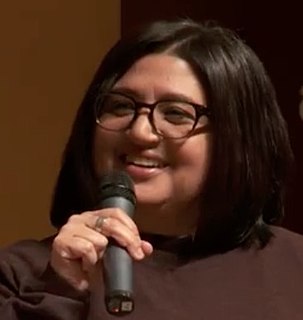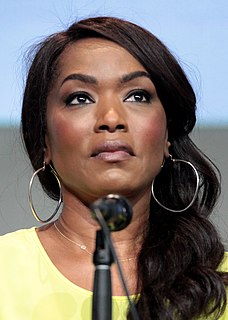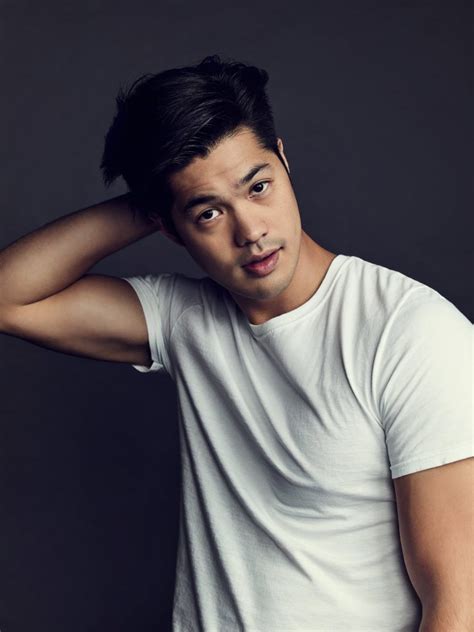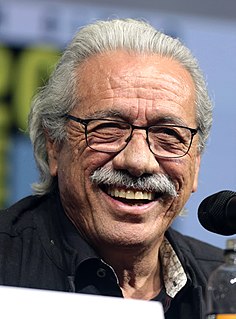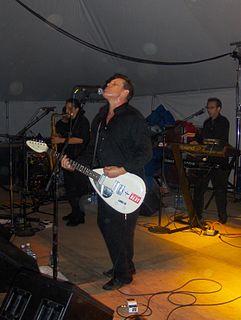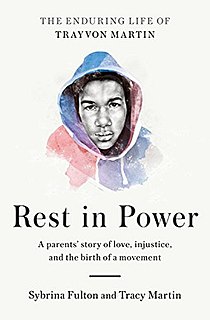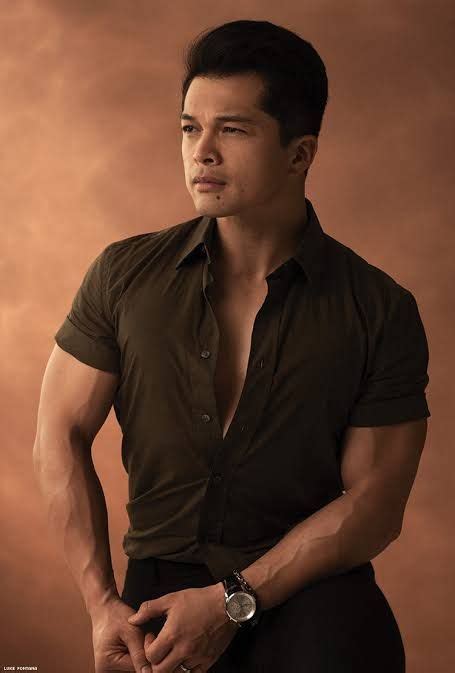A Quote by Aasif Mandvi
I think I would like to see more roles for South Asian performers that are more inclusive and part of the American Diaspora, the American tapestry, perhaps the way that African American and Hispanic roles have developed.
Related Quotes
The more visibility, the more opportunities for Asian-American actors to play great roles. It goes to the studios opening up roles they might not have considered Asian actors for. The talent is there. I don't think there needs to be one superstar, but having more roles open up, that's the way changes happen.
As a community, we're fighting for Asians to play Asian roles. And then there's the other battle, which is Asian Americans playing roles that aren't written for Asians, and I think that's something that completely should happen; Why can't an Asian American male just play a leading cop figure... or the Matt Damon roles?
You see the one thing I've always maintained is that I'm an American Indian. I'm not a Native American. I'm not politically correct. Everyone who's born in the Western Hemisphere is a Native American. We are all Native Americans. And if you notice, I put American before my ethnicity. I'm not a hyphenated African-American or Irish-American or Jewish-American or Mexican-American.
I think there's a pride of what a real American can be. I mean, I'm a transplant, but I've got American kids and an American wife, and when I go back to England I feel more like an American, the way I look at the world, is more from an American perspective at this point. I've traveled every state 30 or 40 times, and have met an amazing array of people, and I have found Americans to be among the most kind and tolerant people I have ever met.
There still aren't enough[ roles for women of color]. And I'd say that's the case, not only for African-American women, but for all women in the Hollywood game. It's just slim pickings, and a very challenging time for us. I think that's why more of us need to work our way behind the camera in order to create roles that really illuminate who women are. We still have room for growth in that area, without a doubt.
I would definitely like to see the education process more enhanced in African-American communities, because we need to be educated on laws that are relevant to our communities and our people, as well as to any other ethnic groups. A broader view of how people perceive African-American boys and girls in this country is what I'd like to see.

